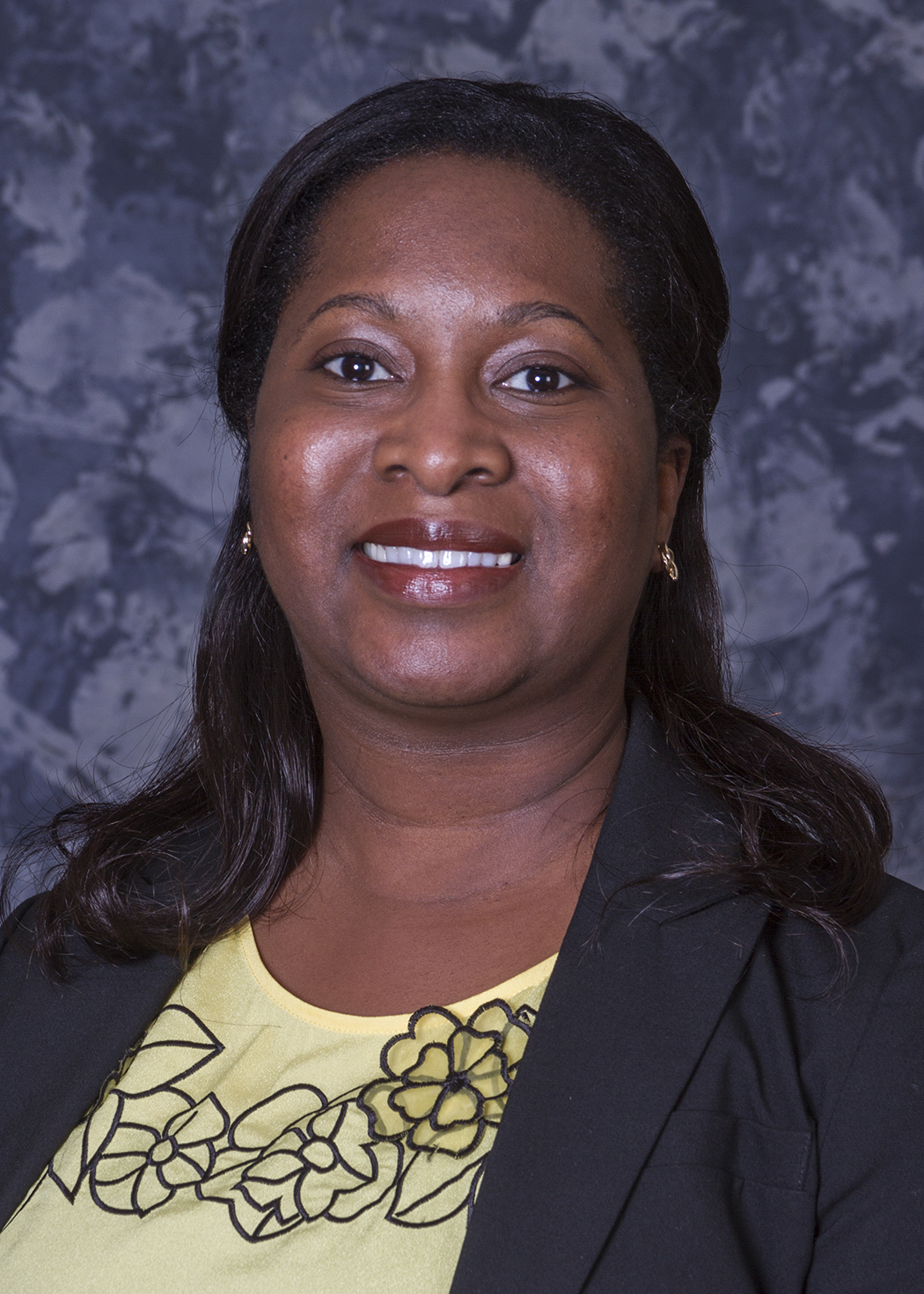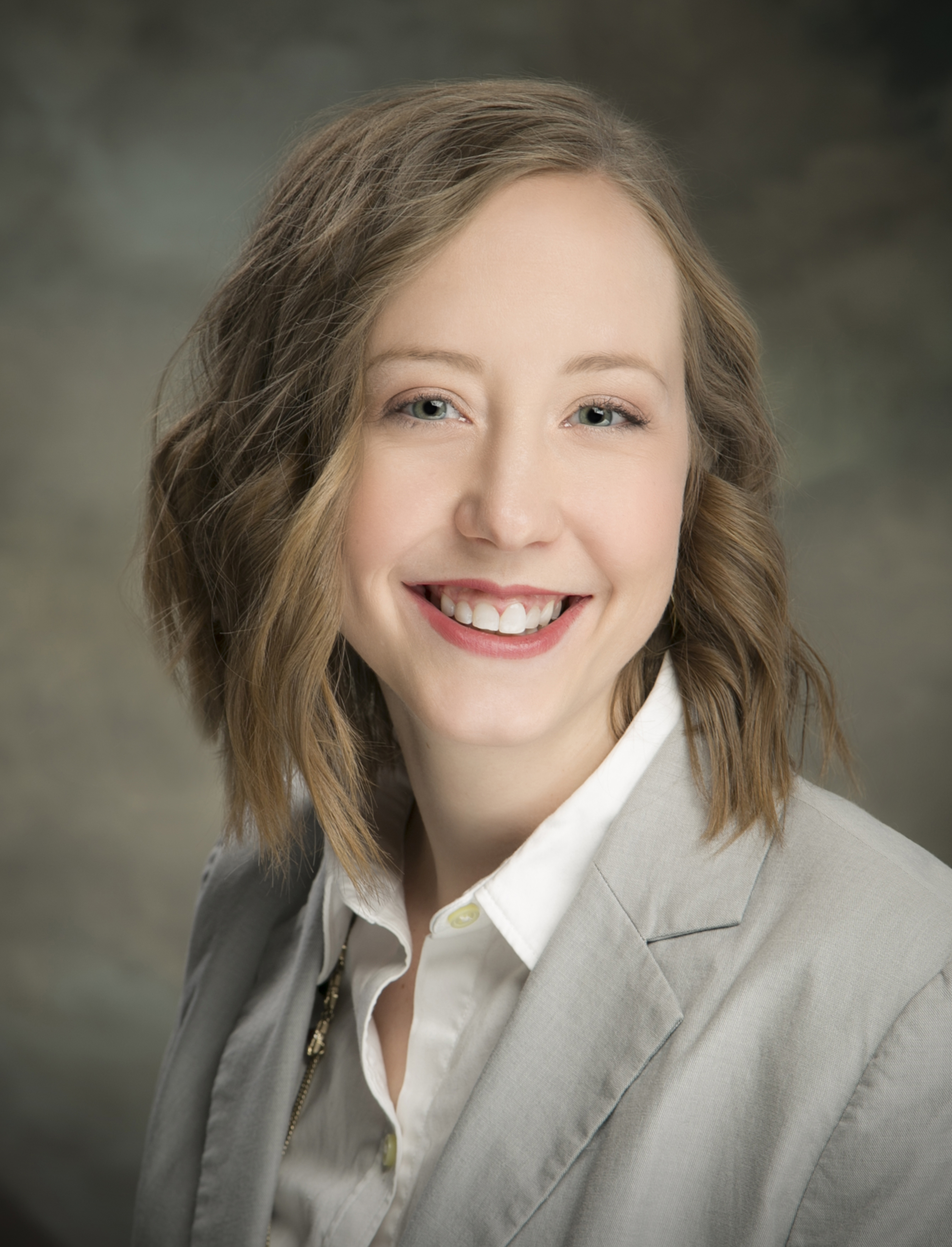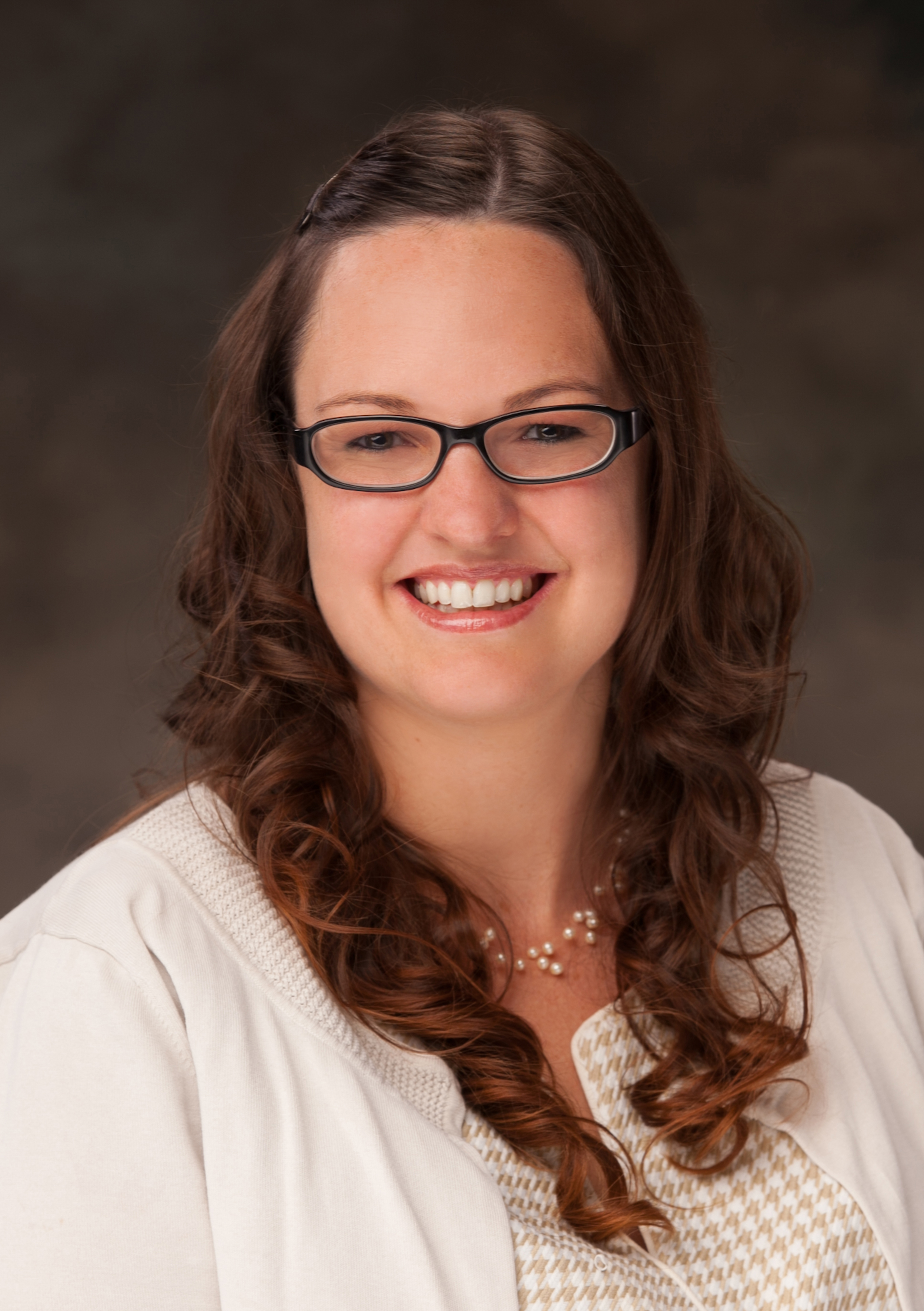Moore, Christi, PhD
Dr. Christi Moore received her Bachelor of Psychology Pre-Medicine at Xavier University of Louisiana. She received her Master’s and Ph.D. in Clinical Psychology from Howard University in Washington, DC, with a primary focus of Child, Adolescent and Family Psychology. Dr. Moore has gained experiences in school, juvenile detention/court mental health clinic, outpatient, inpatient, social service, and community-based settings. Prior to Dr. Moore’s current role as a licensed psychologist with Our Little Haven – Keystone Mental Health Services, she was the developer and Director of Wellness and Clinical Services for a St. Louis-based social service organization with an integrated orientation to service delivery. Dr. Moore is also an adjunct professor at Maryville University and other local universities. Dr. Moore continues to dedicate herself to advances in the field of Psychology through her membership in the American Psychological Association, Missouri Psychological Association (currently serving as MOPA Board Recording Secretary and Diversity Committee Chairperson), and as the past treasurer of the St. Louis Chapter of the Association of Black Psychologists.
Presentation(s):




